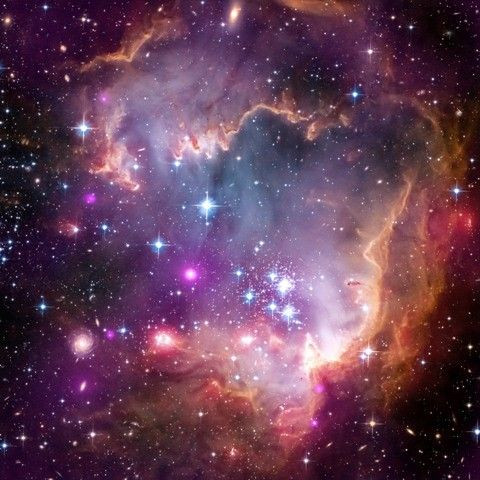Earth 2.0 Search Led NASA Discovery Of 715 New Planets

Searching for another world that could sustain human life is NASA's continuous goal. Although there are no successful reports on this endeavor yet, scientists of the largest aerospace research organization in the world announces the discovery of 715 new planets in space.
The horde of planets have been found by NASA's Kepler space telescope, one of the tools used for Kepler's mission in "search for habitable planets." As of this date, there are 961 confirmed planets in Kelper's online database with another 3,845 planet candidates and 2,165 eclipsing binary stars.
"Four years ago, Kepler began a string of announcements of first hundreds, then thousands, of planet candidates-but they were only candidate worlds, We've now developed a process to verify multiple planet candidates in bulk to deliver planets wholesale, and have used it to unveil a veritable bonanza of new worlds," Jack Lissauer, NASA planetary scientist, quoted in a NASA report.
The newly found planets orbit in 305 different stars, and they reveal systems of multiple planets similar to the solar system. Ninety-five percent of the planets are smaller than Neptune, a planet four times the size of the Earth.
There had been a total of about 1,000 planets in the galaxy since Feb. 26, and four of them possibly can support life, according to CNN.
Verification of this cluster of planets used a new technique the research team call "verification by multiplicity."
Kepler reportedly observed 150,000 stars and found a thousand that could be a planetary candidate. Through scientists' careful study and verification, 715 had been chosen as new additions of bona fide planets to be watched out for.
Douglas Hudgins, NASA's exoplanet exploration scientist, explained the importance of Kepler's mission in discovering other planets orbiting other stars. He said the announcement was a major step toward the research center's goal of finding a livable planet.
"Kepler has really been a game-changer for our understanding of the incredible diversity of planets and planetary systems in our galaxy," Hudgins added.
NASA's Ames Research Center in Moffett Field, Calif. is responsible for the Kepler mission. The continual quest for planet discoveries is quite far from its end. With the newest astronomical discoveries which are unimaginable in the past, it would not be surprising if NASA would finally spot Earth 2.0.




















